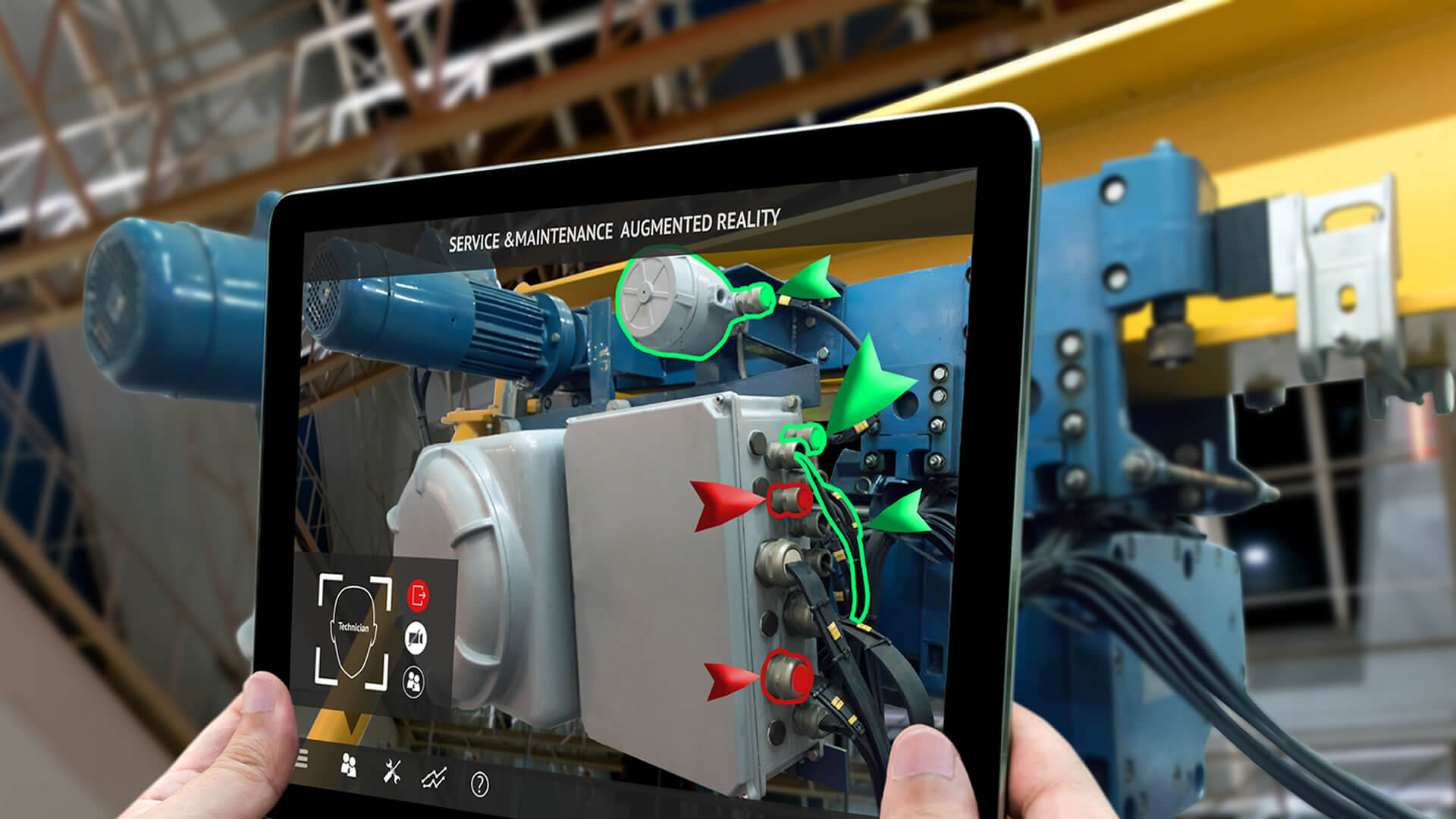Jul 28, 2023
In industries, AR and VR can be used in ways that can help businesses move customers down their purchasing funnel.
Augmented reality (AR) is finding applications across the spectrum in industries such as manufacturing, health care, education, and more. Because AR remains grounded in the things happening around you, it is useful in a variety of everyday tasks within manufacturing and industrial settings.
Industrial AR, which involves using special glasses, glasses, or smartphone apps to layer digital information over the actual vision of the factory worker, could help improve production efficiency, efficiency, and safety on the production floor. Studies suggest that human-machine interaction using Augmented Reality (AR) helps leading manufacturers recognize challenges.

With augmented communications at the distance, as well as enhanced operations, AR could assist manufacturing better in solving impending skills gaps. The automotive and aerospace industries are adopting this technology for tasks requiring minute details, to provide a real-time solution at work.
In Retail, AR and VR can be used in ways that can help businesses move customers down their purchasing funnel. In the professional landscape, employers can use augmented and virtual reality to enhance their employee’s orientation and learning opportunities. Virtual reality environments can train employees to handle stressful customer interactions or perform specific tasks.
Undoubtedly, AR/VR has become synonymous with the gaming industry — the place where consumers will find their most appropriate use cases. Augmented Reality (AR) is one of the technologies that has seen an explosion of growth nowadays, and it is shown to impact people’s lives not just in industrial fields, but also in a number of ways.

Augmented reality applications are expanding into aerospace and defence industries, providing quality assurance as well as standardizing and digitizing working instructions. The automotive and aerospace industries are adopting this technology for tasks requiring minute details, to provide a real-time solution at work.
The most prevalent uses for augmented reality (AR) are retail, eCommerce, education, and media & entertainment industries, offering outstanding user experiences to purchase products online, engage with training, and enhance audience engagement, respectively. From educating and empowering employees to providing factory leaders with real-time access to data about factory operations, AR promises great gains in production.
Games might be how augmented reality has reached the masses, but the industry has unmatched opportunities to incorporate AR applications in its operations.





